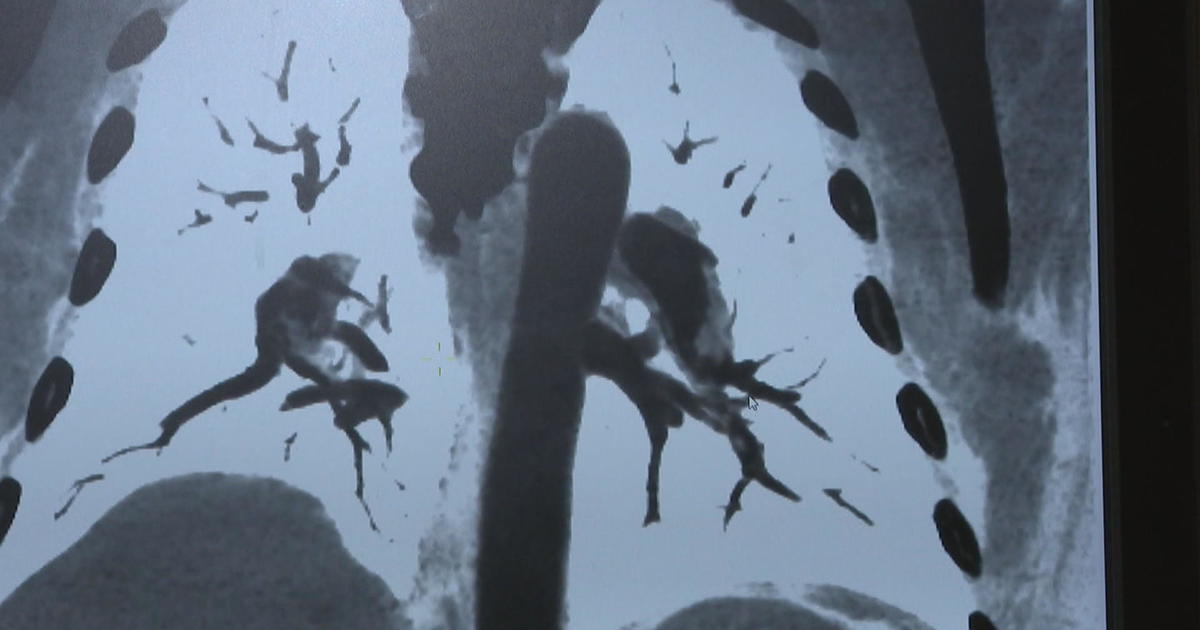AI helping Temple Hospital doctors with medical treatments
PHILADELPHIA (CBS) — Artificial Intelligence in medicine. Proponents say A.I. can help doctors make quicker, better decisions in treating patients.
Temple is using FDA-approved A.I. software to scan imaging and flag any that look suspicious for blood clots.
It’s helping identify which patients need quick treatment.
“It’s telling us this patient has a serious problem that needs your attention,” Dr. Gary Cohen, the Chief of Radiology at Temple, said.
Artificial intelligence is helping doctors at Temple prioritize which patients need quick treatment for pulmonary embolism (P.E.) is a blood clot in the lung.
“Pulmonary embolism is a silent killer,” Dr. Parth Rali, director of Temple’s PE Response Team, says. “Unfortunately, this disease does not give us too much warning time.”
Dr. Rali says instead of waiting for a radiologist to review imaging, A.I. analyzes them instantly and flags serious cases.
“It’s expediting the care at a much faster level. I would say easily three to four hours, we are saving for patient care,” Dr. Rali says.
“It seemed like a lot of stuff went on real fast,” says Mike Masluk, who has an auto body shop in Philadelphia. He had an embolism treated at Temple after A.I. flagged his case for quick intervention.
“It’s saving lives it’s amazing, it’s absolutely amazing it’s that quick,” Masluk says.
Dr. Cohen says scans are traditionally read by doctors as they come in, but with hundreds a day sometimes it can take a while,
“Radiology is keenly set up to benefit from artificial intelligence,” he says. “It will tell us to be more efficient look a these first.”
A.I. uses algorithms to detect patterns in identifying blood clots.
What used to take doctors hours now happens in seconds with artificial intelligence.
Dr. Cohen says A.I. is just one piece of a medical puzzle that still requires doctors to interpret all kinds of information and formulate the best treatment plan.
The FDA has approved over 500 A.I tools in the last few years.
Doctors are expecting it to be used in a growing number of applications as long as safety measures are kept in place.
Stephanie Stahl
No Byline Policy
Editorial Guidelines
Corrections Policy
Source

